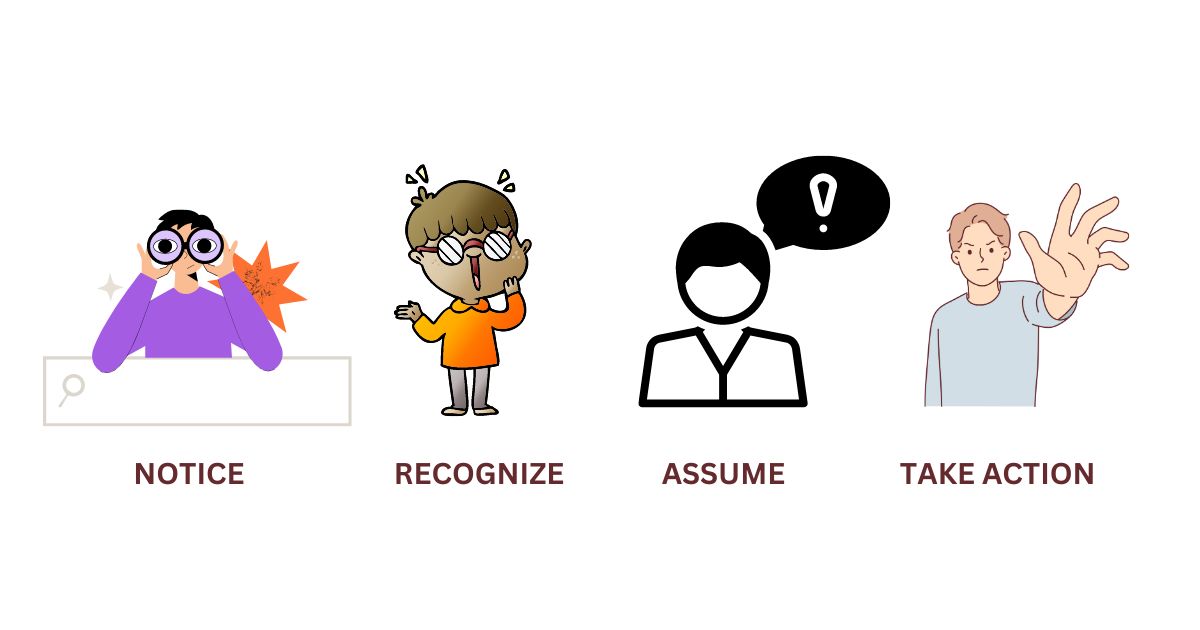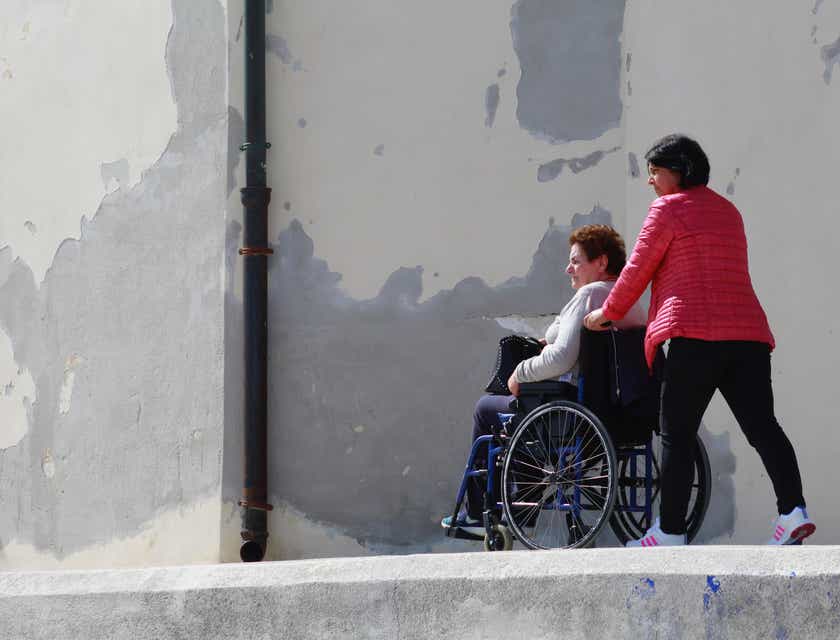Several cases of alleged senior abuse have crept up across the nation during the past month. On March 30, 2009, a 31-year-old former nursing home employee in Oklahoma was accused of abusing his senior patients and videotaping it, according to a Fox 23 news report.
Experts say many of these crimes against the elderly in long-term residential care are never reported to law enforcement or to the state and say it’s imperative for us to always be vigilant if we have a loved one in long-term care,” reported Kaci Christian of FOX 23. The article describes the shock a family felt when they discovered their 60-year-old female relative, who was living in a nursing home and suffered from Alzheimer’s disease, “badly beaten, with her face swollen and discolored.”
There are many ways to reduce the risk of senior abuse. First, consider home-care options that allow more control over the caregivers who are in contact with your loved one.
The process of selecting home care can be overwhelming, with more than 5,000 senior home care agencies nationwide.
The Caregiverlist Checklist for standards of quality care for senior home care agencies is a resource that outlines requirements for safety and consistency in care, making it easier for families to make an educated decision. Regardless of what long-term care option is best suited for your loved one, it helps to be aware of some less obvious warning signs of abuse. The following warning signs are part of an extensive list compiled by the The National Center on Elder Abuse:
- Broken eyeglasses
- Physical signs of being subjected to punishment or signs of being restrained
- Senior’s sudden change in behavior
- Caregiver’s refusal to allow visitors to see an elder alone
- Senior acting extremely withdrawn and non-communicative
- Senior displaying unusual behavior usually attributed to dementia, such as sucking, biting, rocking
If you suspect senior abuse, call the NCEA hotline at 1-800-677-1116. The NCEA web site offers a host of additional information on identifying elder abuse.







